![]()
Craig Kielburger (1982) founded a children's rights organization that helps children
worldwide at a local, national and international level through representation, leadership and action

Alex Jones (1974)
Jaggi Singh (1972) is Canada's loudest activist and a leading figure in the ISM,
a movement committed to resisting the Israeli occupation of Palestinian land
Ezra Winton (1972) co founded the überculture collective at Concordia University
and hosts the cinema politica series. Both initiatives focus on exposing corporate
abuse of human rights and the environment
Stephen Marshall (1968) is a New York-based film director, and founder of Guerrilla News Network

unknown wikipedia author (19??)
Yuliya Tymoshenko (1960) was one of the key leaders of the Orange Revolution, a series of protests
and political events that took place throughout the country in response to allegations of massive corruption,
voter intimidation and direct electoral fraud during Ukraine's Presidential Run-off Election of 2004
Rigoberta Menchú Tum (1959) is a human rights activist who sought to have Guatemala's ex-military
dictator Efraín Ríos Montt tried for genocide against the Maya people of Guatemala
Ann Pettifor (19??) is the dircetor of Jubilee 2000 the organization that mobilized
24 million people all over the world to support debt cancellation for developing countries
Michael Moore (1954) exposed the ties between the Bush dynasty
and the House of Saudi in his documentary Fahrenheit 9/11
Wei Jingsheng (1950) is an activist in the Chinese democracy movement,
emigrated to the United States after 18 years of incarceration in China
Abdullah Öcalan (1948) is the leader of the Kurdistan Workers Party (PKK) which seeks to create
an independent Kurdish state on territory of Iraq, Iran, Syria and Turkey. International Secret Services
captured him in 1999, and since then he is imprisoned on the Island of Imrali, in the Sea of Marmara
Joschka Fischer (1948)
Daniel Cohn-Bendit (1945) was a leader of the student
protesters during May 1968 in France
Daw Aung San Suu Kyi (1945) is a pro-democracy activist in Myanmar
Gerhard Schröder (1944)
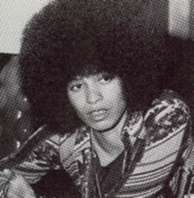
Angela Davis (1944) sympathized with the Black Power movement
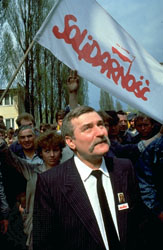
Lech Wałęsa (1943)

Ken Saro-Wiwa (1941-1995) led a nonviolent campaign against environmental damage
associated with the operations of multinational oil companies, especially Shell
Rudi Dutschke (1940-1979) was the most prominent spokesperson
of the German student movement in the 1960s
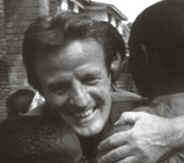
Bernard Kouchner (1939) co-founded Médecins Sans Frontières
Christel and Rupert Neudeck (1939) formed the committee "A ship for Vietnam"
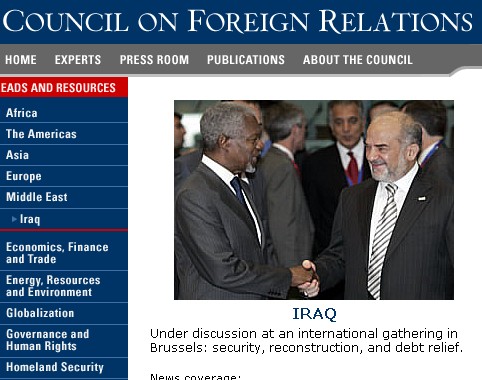
Kofi Annan (1938)
Bernard Cassen (1938) is the head of ATTAC - "Association pour
une Taxation des Transactions financières pour l'Aide aux Citoyens"
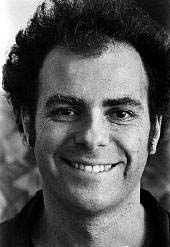
Jerry Rubin (1938-1994) organized the Vietnam Day Committee, led some of the first protests
against the war in Vietnam, and was a cofounder of the Yippies (Youth International Party)
with Abbie Hoffman, and Pigasus, the pig who would be President
Bobby Seale (1936) and Huey P. Newton co-founded the Black Panther Party in 1966
Abbie Hoffman (1936-1989) during the Vietnam War, he was an anti-war activist who
used deliberately comical and theatrical tactics, such as a mass demonstration in which
over 50,000 people attempted to levitate the Pentagon using psychic energy
the 14th Dalai Lama (1935) is fighting for Liberation of Tibet from Chinese occupation
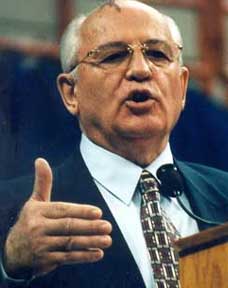
Mikhail Gorbachev (1931)
Helmut Kohl (1930) reacted to the collapse of the DDR with his program for the German Reunification
Yasser Arafat (1929-2004) was appointed Palestinian Liberation Organization
leader in 1973, a function he held until his death in 2004
Martin Luther King (1929-1968) led the black freedom movement by nonviolent protest
Che Guevara (1928-1967) was a member of Fidel Castro's "26th of July Movement", which seized power
in Cuba in 1959. After serving various important posts in the new government, Guevara left Cuba in 1966
with the hope of fomenting revolutions in other countries, first in the Democratic Republic of the Congo and
later in Bolivia, where he was captured in a CIA-organized military operation
Malcolm X (1925-1965) was a spokesman for the Nation of Islam, and a founder of both
the Muslim Mosque, Inc., and the Organization of Afro-American Unity
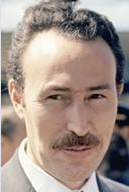
Houari Boumedienne (1925-1978) liberated Algeria from the French
Lyndon LaRouche (1922) Schiller Institute
Krim Belkacem (1922-1970) FLN
Peter Benenson (1921-2005) created Amnesty International
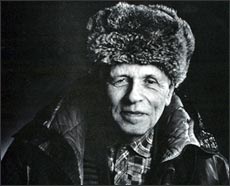
Andrei Sakharov (1921-1989) advocated nuclear disarmament,
as well as freedom of speech and thought in the former Soviet Union
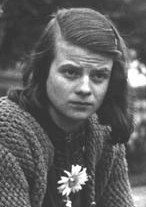
Sophie Scholl (1921-1943) was prominently involved in "Die Weiße Rose", a World War II-era
resistance movement in Germany calling for nonviolent resistance against the Nazi regime
Nelson Mandela (1918) fought Apartheid in South Africa

John F. Kennedy (1917-1963)
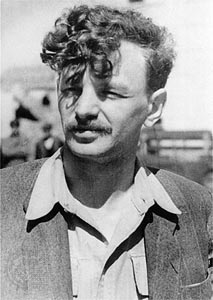
Icchak Cukierman (1915-1981)
Rosa Parks (1913-2005) is now a figure in the American Civil Rights Movement, after becoming
famous for her refusal in 1955 to give up a bus seat to make room for whites and her subsequent arrest
Mother Theresa (1910-1997) was the founder of the Missionaries of Charity
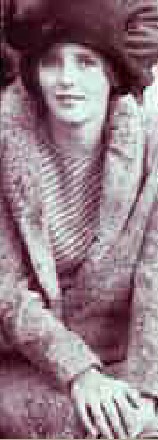
Mary Jayne Gold (1909-1997) played an important role helping European
Jews and intellectuals escape the Holocaust during World War II
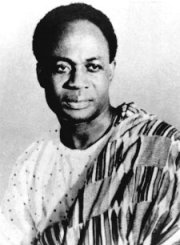
Kwame Nkrumah (1909-1972)
Oskar Schindler (1908-1974) was a German businessman, who is famous
for his efforts to save his Jewish workers from the Holocaust
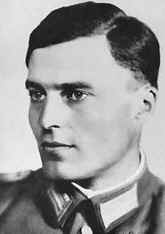
Claus von Stauffenberg (1907-1944) Operation Valkyrie
Dietrich Bonhoeffer (1906-1945) was a member of the resistance against the Nazi Regime
John Peters Humphrey (1905-1995) was the principal drafter
of the Universal Declaration of Human Rights
Al Mulla Mustafa Barzani (1903-1979) KDP
Dorothy Day (1897-1980) founded the Catholic Worker Movement in 1933,
espousing nonviolent action and hospitality for the impoverished and downtrodden
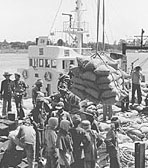
Theodore Richard Milford (1896-1987) founded the Oxford Committee for Famine Relief
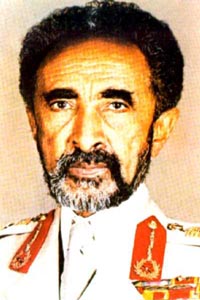
Haile Selassie (1892-1975) the last Emperor of Ethiopia,
followers of Rastafarianism saw in him a messiah
Lillian Kates (1890) founded the oldest Co-ed Summer Camp in North America
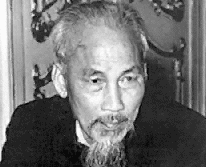
Ho Chi Minh (1890-1969) liberated Vietnam from French colonial rule and unified North and South Vietnam
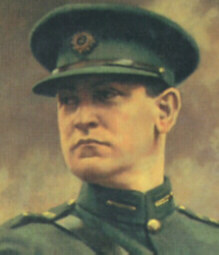
Michael Collins (1890-1922) Irish revolutionary leader,
Jean Monnet (1888-1979) was the architect of European Unity

Thomas Edward Lawrence (1888-1935) led the Arab revolt against the Turks in Medina
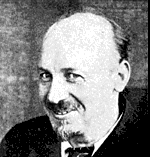
Nikolai Iwanowitsch Bukharin (1888-1938) developed the thesis of "Socialism in one country," which
argued
that socialism (in Marxist theory, the lower stage of Communism) could be developed in a singlecountry, even one as underdeveloped as Russia. This new theory stated that revolution need no longer
be encouraged in the capitalist countries, since Russia could and should achieve socialism alone
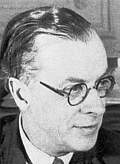
Sir Julian Huxley (1887-1975) was the first president of
the Unesco and one of the creators of the World Wildlife Fund
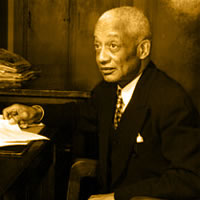
Alain LeRoy Locke (1886-1954)
John Rabe (1882-1949) was a German businessman who rescued more
than 50,000 Chinese from slaughter during the Nanjing Massacre
Kemal Atatürk (1881-1938) founder of the Republic of Turkey
George Marshall (1880-1959) was an American military leader and statesman best remembered
for his leadership in the Allied victory in World War II and for his work establishing
the post-war reconstruction effort for Europe, which became known as the Marshall Plan
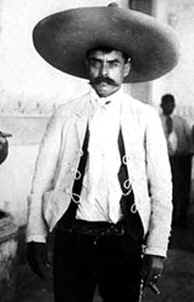
Emiliano Zapata Salazar (1879-1919)
Konrad Adenauer (1876-1967) directed Germany's reconciliation
with France and the other allied powers after WW2
Otto Wels (1873-1939) was the only member of the Reichstag who spoke out against Hitler's
enabling act on March 23, 1933. Some weeks before the banning of the SPD by the Nazis,
Wels went into exile. He built up the expatriate SPD, first in Prague, then in the Saarland and finally in Paris
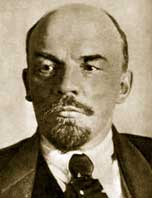
Vladimir Ilyich Lenin (1870-1924) a Russian revolutionary, the leader of the Bolshevik party,
the first Premier of the Soviet Union, and the founder of the ideology of Leninism
Rosa Luxemburg (1870-1919) was a social democratic theorist of the Social Democratic Party of Germany,
and later the Independent Social Democratic Party of Germany. She started the newspaper The Red Flag,
and cofounded the Spartakusbund, a Marxist revolutionary group that became the Communist Party of Germany
and took part in an unsuccessful revolution in Berlin in January, 1919. The uprising was carried out against Rosa's orders,
and crushed by the remnants of the monarchist army and freelance right-wing militias collectively called the Freikorps,
which were sent in by the government. Luxemburg and hundreds of others were captured, tortured, and killed
Mahatma Ghandi (1869-1948) brought the cause of India's
independence from British colonial rule to world attention
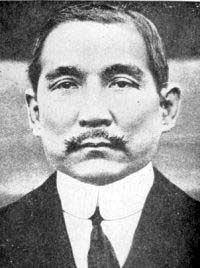
Sun Yat-sen (1866-1925) founder of the republic
of China, and the nationalist party, confucian,
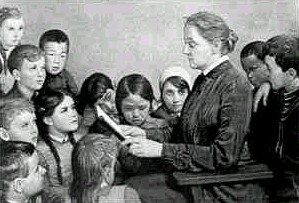
Jane Addams (1860-1935)
Emmeline Pankhurst (1857-1928) one of the founders of the British suffragette
movement, died ten years after seeing her most ardently pursued goal come
to fruition: the right to vote for women in the United Kingdom
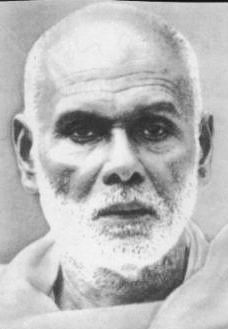
Narayana Guru (1856-1928)
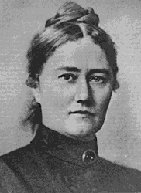
Helene Lange (1848-1930) Allgemeiner deutscher Frauenverein
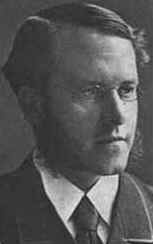
Thomas John Barnardo (1845-1905)
Sitting Bull (1831-1890) led the Sioux and Cheyenne to victory
over the US 7th Cavalry at the Battle of Little Bighorn
Friedrich von Bodelschwingh (1831-1910) under his leadership Bethel became
the most importatnt facility of the inner mission, an instituiton founded by Johann
Hinrich Wichern to cope with the social misery in Germany in the 19th century
Mary Harris Jones (1830-1930)
William Booth (1829-1912) founder of the Salvation Army
Henri Dunant (1828-1910) founded the Red Cross
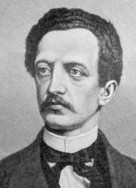
Ferdinand Lasalle (1825-1864) was the first president of the ADAV, which was the first German labour
party. This party later became the Social Democratic Party of Germany (SPD) which was formed in
1875, when the ADAV merged with the SDAP (Social Democratic Workers' Party of Germany)

Ulysses S.Grant (1822-1885) won the American Civil War for the Union forces

Florence Nightingale (1820-1910) was the pioneer of modern nursing
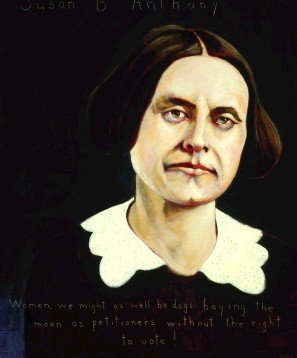
Susan B. Anthony (1820-1906)
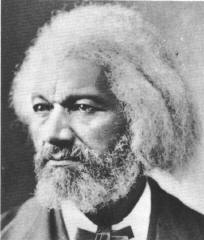
Frederick Douglass (1818-1895)
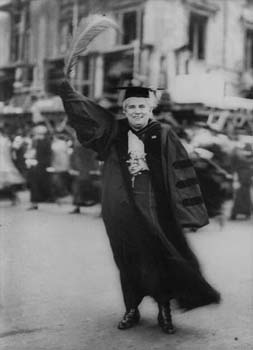
Elizabeth Cady Stanton (1815-1902)
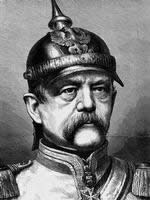
Otto von Bismarck (1815-1898) the first statesman to devise a comprehensive scheme of social security
Adolf Kolping (1813-1865) established Cologne’s association of journeymen, and
then united the so far existing journeymen-associations as the “Rheinischer Gesellenbund“
in 1850, this fusion was the origin of today’s international “Kolpingwerk“
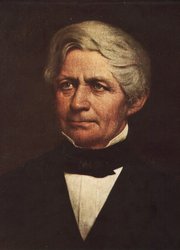
Johann Hinrich Wichern (1808-1881) founded the inner mission
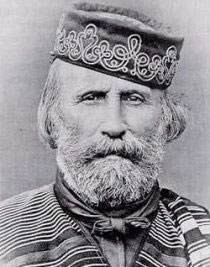
Guiseppe Garibaldi (1807-1882) led many of the military campaigns
that brought about the formation of a modern unified Italy
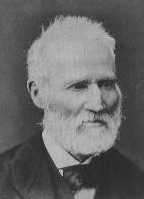
Louis Auguste Blanqui (1805-1881) set up the Comité Révolutionnaire Central, which
was powerful in the February Revolution of 1848, and organized the extremist opposition
against Napoleon III, in whose deposition (Sept. 4, 1870) he was instrumental

Giuseppe Mazzini (1805-1872) Giovine Italia
Nat Turner (1800-1831) led a slave rebellion in Virginia which
has become a reference of justification for the American Civil War
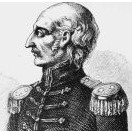
Alex Ypsilanti (1792-1828) liberated Greece
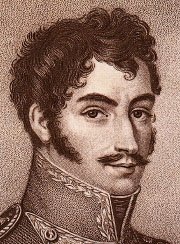
Simon Bloivar (1783-1830) liberated Venezuela
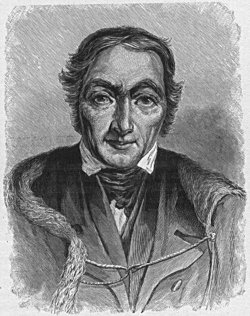
Robert Owen (1771-1858) is considered the father of the cooperative movement
Napoléon Bonaparte (1769-1821) Empereur des Français, acquired
control
of most or all of western and central mainland Europe
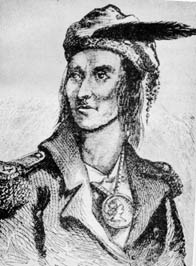
Tecumseh (1768-1813) was a famous leader of the Shawnee people, who spent
much of his life attempting to rally disparate Native American tribes in a mutual
defense of their lands, which culminated in his death in the War of 1812
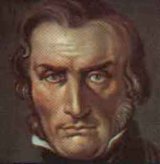
Artigas (1764-1850) liberated Uruguay
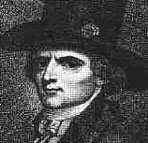
Francois Noel Babeuf (1760-1797) was a French political
agitator and journalist of the revolutionary period
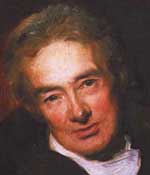
William Wilberforce (1759-1833) was an English parliamentarian
and leader of the campaign against the slave trade
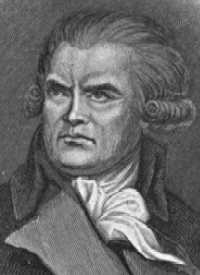
Georges Danton (1759-1794) was a leading figure in the early stages
of the French Revolution as president of the popular club les Cordeliers
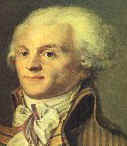
Maximilien Robespierre (1758-1794) was the leader of the
Committee of Public Safety during the French Revolution
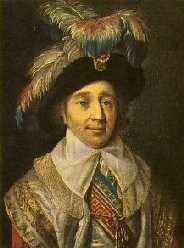
Paul Francois Vicomte de Barras (1755-1829) French revolutionary
and the main executive leader of the Directory regime of 1795-1799

James Madison (1751-1836) is regarded as the father of the United States constitution
Thomas Jefferson (1743-1826) primary author of the declaration of independence
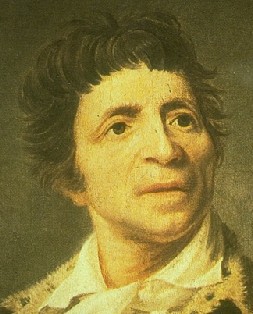
Jean Paul Marat (1743-1793) edited the revolutionary paper "L'ami du peuple"
Thomas Paine (1737-1809) Paine impacted the American Revolution
with his powerful writings, most famously 'Common Sense'
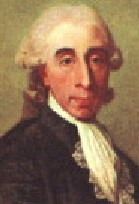
Jean-Sylvain Bailly (1736-1793) one of the leaders of the early part of the French Revolution
George Washington (1732-1799) Commander-in-Chief of the Continental
Army in the American Revolutionary War and later the first President of
the United States of America under the U.S. Constitution
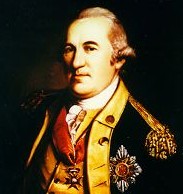
Friedrich Wilhelm August Steuben (1730-1794) reformed George Washington's army
George Mason (1725-1792) the United States Bill of Rights
Samuel Adams (1722-1803) organizer of the Boston Tea Party
Friedrich der Große (1712-1786) led the Prussian forces successfully through three wars
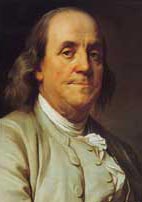
Benjamin Franklin (1706-1790) journalist, publisher, author, philanthropist, abolitionist,
public servant, scientist, librarian, diplomat, and inventor, founded an American Philosophical Society
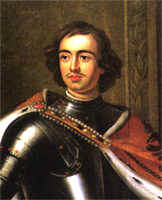
Peter the Great (1672-1725)
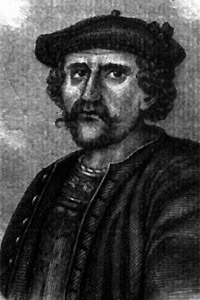
Robert Roy MacGregor (1671-1734)
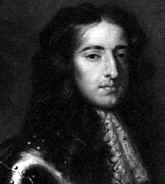
William of Orange (1650-1702) leader of the Glorious Revolution,
the popular overthrow of James II of England in 1688
Louis XIV (1638-1715) le Roi Soleil
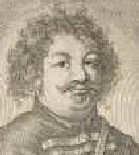
Stenka Rasin (1630-1671) Cossack leader who led a major uprising against the Russian government
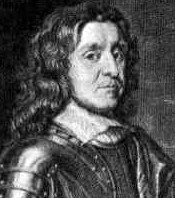
Oliver Cromwell (1599-1658) as commander of the New Model Army he defeated
King Charles I's forces, thus bringing to an end the absolute power of the English monarchy
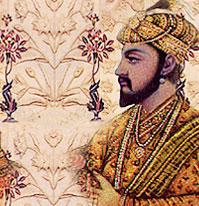
Ghiyasuddin Shah Jahan (1592-1666)
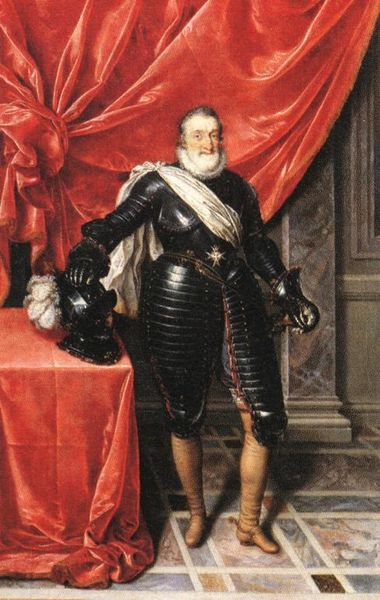
Henri IV (1553-1610)

Akbar (1542-1605)

Suleiman the Magnificent (1494-1566)
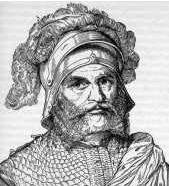
Georg von Frundsberg (1473-1528) Landsknechtführer
Jeanne d'Arc (1412-1431) defeated the English at the siege of Orléans
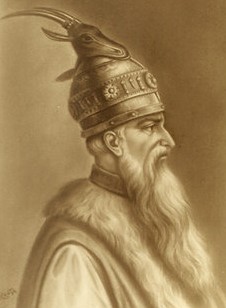
Skanderbeg (1403-1468) Albanian leader who resisted the expanding Ottoman Empire for 25 years

Cola di Rienzo (1313-1354) proclaimed himself tribune of Italy
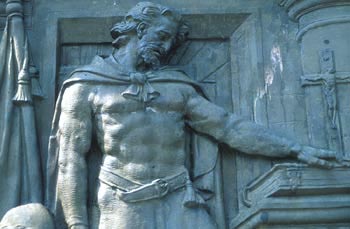
William Wallace (1270-1305)
Simon de Montfort (1208-1265)
Robin Hood (1160-1247) redistributionist philosopher in action
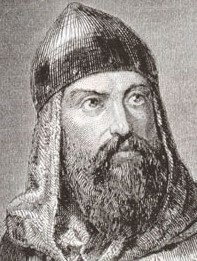
El Cid (1043-1099) Castilian military and political leader in medieval Spain
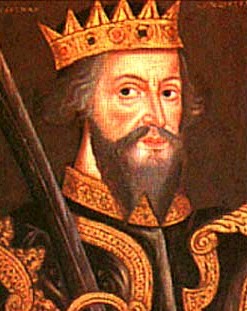
William the Conqueror (1028-1087)

Robert Guiscard (1016-1085) Norman adventurer who conquered southern Italy and Sicily
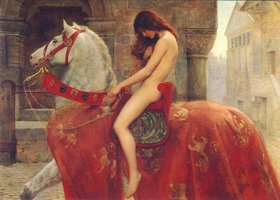
Lady Godiva (980-1067)
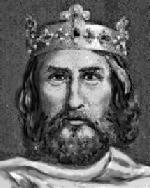
Charlemagne (742-814) founder of the Frankish Empire
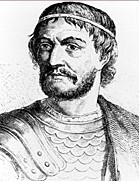
Karl Martell (689-741) stopped the invading Arabs in Poitiers, 732

Constantine the Great (272-337) by convoking the Council of Nicaea in 325
Constantine began the Roman Empire's unofficial sponsoring of Christianity
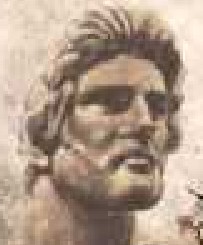
Simon Bar Kochba (100-135) Jewish military leader who led a revolt against
the Romans and subsequently established an independent state of Israel
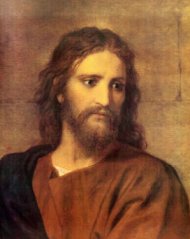
Jesus Christ (6bc-32ad)
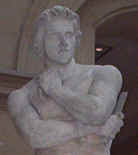
Spartacus (fl. 70 bc) Roman slave who led a large slave uprising in what is now Italy
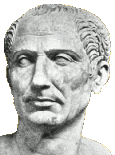
Julius Caesar (100-44 bc) conquered what today is France and England for the Roman Empire

Judas Maccabaeus (fl.160 bc) led the Maccabean revolt against the Seleucid Empire (167-160bc)
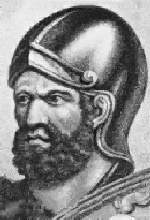
Hannibal (247-182 bc) marched with an army from Spain over the
Pyrenees and the Alps into northern Italy and defeated the Romans
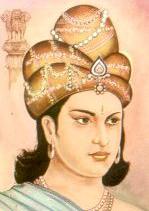
Ashoka the Great (fl. 270 bc)
Alexander the Great (356-323 bc) Conqueror of the Ancient World
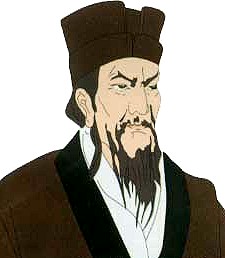
Shang Yang (d. 338 bc)

Philip II of Macedonia (382-336 bc)
Cyrus the Younger (4??-401 bc)

Pericles (495-429 bc) fostered the power of democracy in ancient Greece
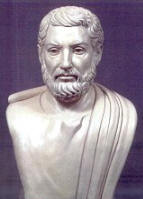
Cleisthenes (570-507 bc) is credited with reforming the constitution of ancient Athens
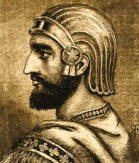
Cyrus the Great (590-530 bc)

Solon (638-558 bc) was appointed archon of Attica in the world's first democratic system of government
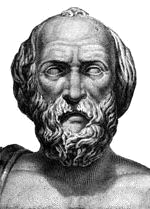
Lycurgus (700-630 bc)
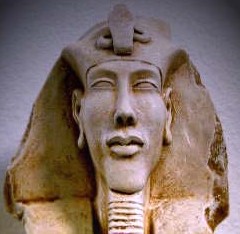
Akhenaten (1379-1345 bc) Pharaoh of the Eighteenth dynasty of Egypt, principally famous for his religious reforms,
where the polytheism of Egypt was to be supplanted by monotheism centered around Aten, the god of the solar disc

Moses (1526-1406 bc)
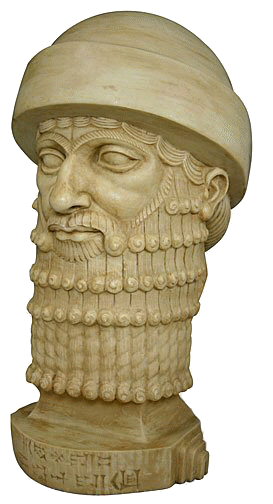
Hammurabi (fl. 1790 bc)
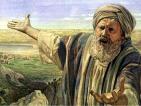
Abraham (1991-1816 bc)
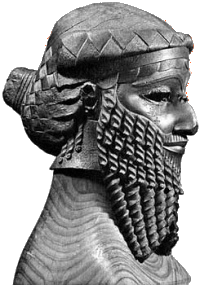
Sargon of Akkad (2350-2295 bc)
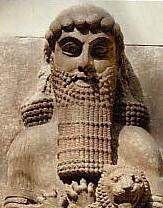
Gilgamesh (26th century bc)
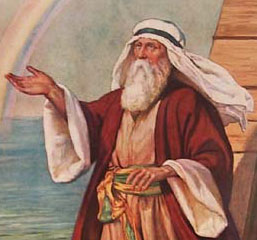
Noah (2944-1994 bc)
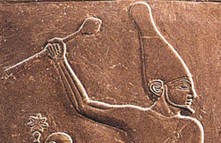
Narmer (fl. 3100 bc) unified the upper and the lower kingdom, founded the first dynasty of Egypt